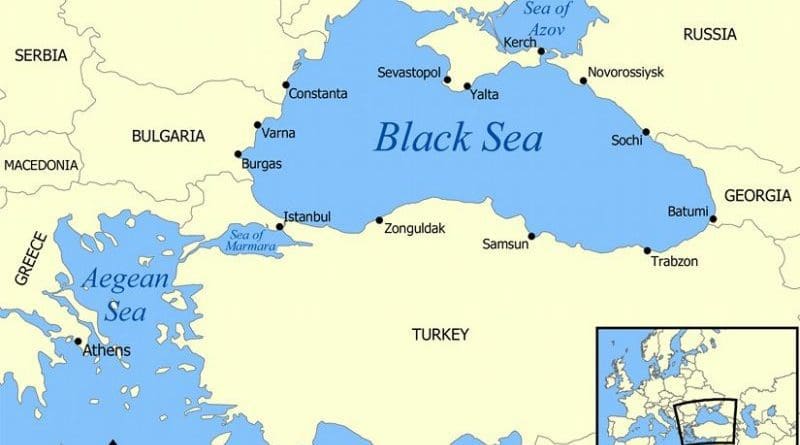GUAM Could Be Turned Into An Effective Bloc – OpEd
GUAM (initially called GUUAM), an organization for democracy and economic development, was established in 1997 following the collapse of the Soviet Union. It served as one of the first regional models which linked the Black and Caspian seas, and it had a primarily economic role.
This was a time when the newly independent states were keen to get a geopolitical initiative in their hands. Russia was weak, while the West seemed powerful.
The participant states of the project are interesting from a geographic point of view. Ukraine, controlling most of the Northern Black Sea littoral, Azerbaijan as a starting point of crucial trade and a resource corridor, and Georgia in between serving as a connection point for the two seas. At one point, Uzbekistan was a member, which potentially allowed the GUUAM (abbreviation of the participant states: Georgia, Ukraine, Uzbekistan, Azerbaijan, and Moldova) to extend to the heart of the Central Asian region. The GUUAM member states has one common aim of limiting Russian geopolitical influence through being able to dispose of/export their own resources to world markets and not to Russia.
However, the project failed to work in the late 1990s and early 2000s. Though the prospective alliance came into being against the background of Russian geopolitical weakness, nevertheless, the GUUAM members were still heavily reliant on Russian economic, military and, generally, political benevolence. These circumstances limited the effectiveness of the project.
The aim of the Russian state in the 1990s, when Moscow was constrained by its inner limitations, was to prevent any western-led projects that could draw resources from the South Caucasus and Central Asia. Moreover, the Russians, quite rightly, also feared that such nascent economic projects would eventually evolve into political entities. As said, GUUAM was one such initiative and it took Moscow’s constant attention to forestall its further development.
As a result, Uzbekistan withdrew from the project in 2005 and Azerbaijan, Georgia, Ukraine and Moldova, with all their weaknesses, were unable to keep up the prospects of the GUAM project. Moreover, although all member states shared an inner distrust of Russia, they still failed to coordinate their foreign policy moves with one another.
Still, as with many similar regional projects, the GUAM initiative might be weak, but it is far from dead. One of the rules for regional cooperation projects is that their effectiveness depends on foreign support and the geopolitical situation in the region. As such, a reinvigoration of the project has been seen of late, with the leaders of the member states renewing their meetings at the highest possible level. In 2017, the 20th anniversary of GUAM was celebrated, while in 2018 yet another meeting was held with the participation of high dignitaries.
One might argue that the geopolitical situation in the South Caucasus and around the Black Sea now favors the reinvigoration of the GUAM initiative. All the member states, except for Azerbaijan, share difficult relations with Russia. Ukraine, Georgia and Moldova have Russian troops on their territory, while even Azerbaijan must try to balance the Russian influence. All member states now consider themselves as part of a single front to constrain Russian geopolitical moves.
Moreover, in the 1990s and early 2000s, GUAM members had poorer energy and transportation links than are seen in the 2010s. The Baku-Tbilisi-Kars railway is one of those projects which allows the GUAM states to circumvent Russia.
From a global perspective, GUAM could become an interesting project for the EU and the US. Both confront Russia’s moves across the Eurasian landmass and the two might view GUAM as a good basis for creating a veritable geopolitical front for Russia’s containment.
This article was published at Georgia Today


Dear Emil,
well written and interesting article. Keep it up